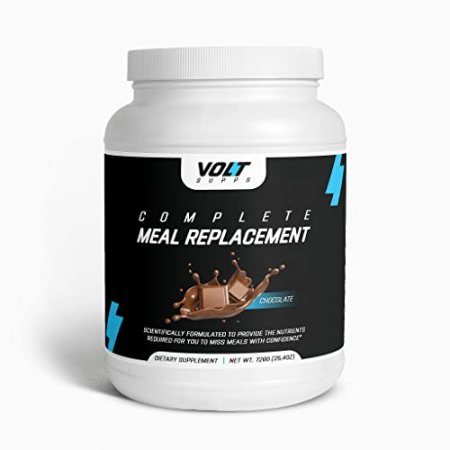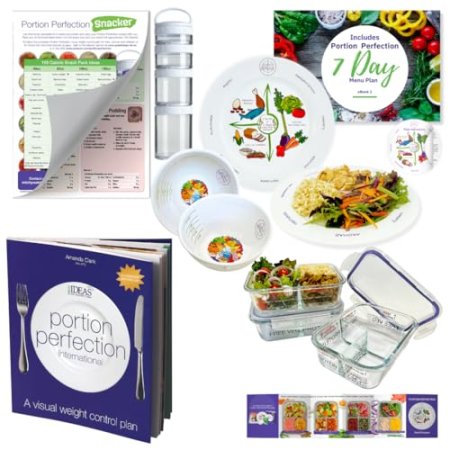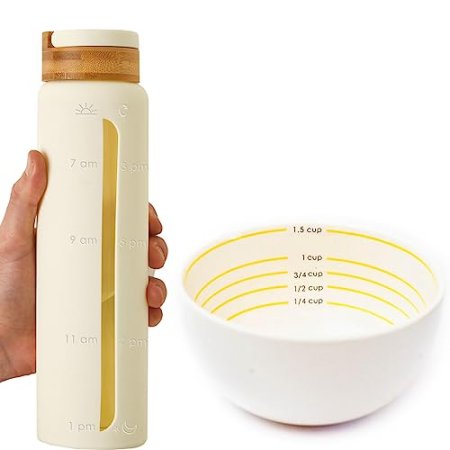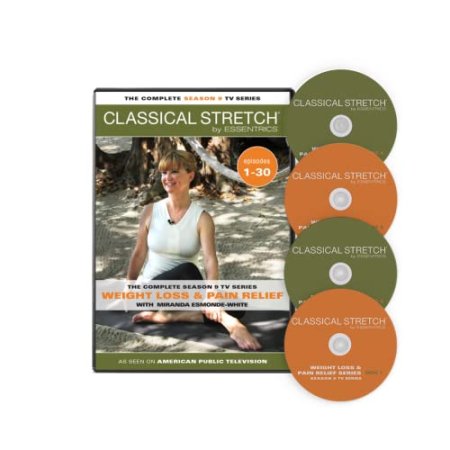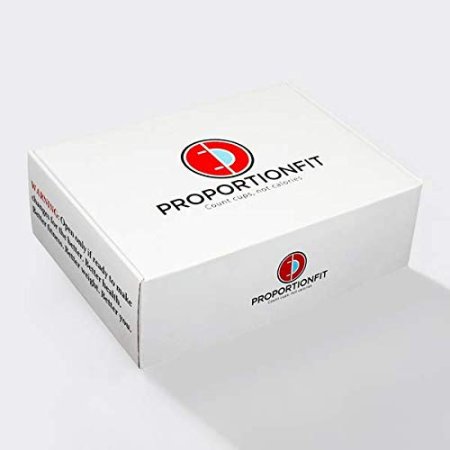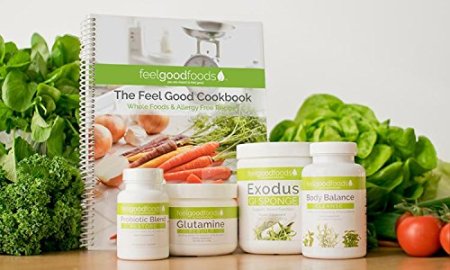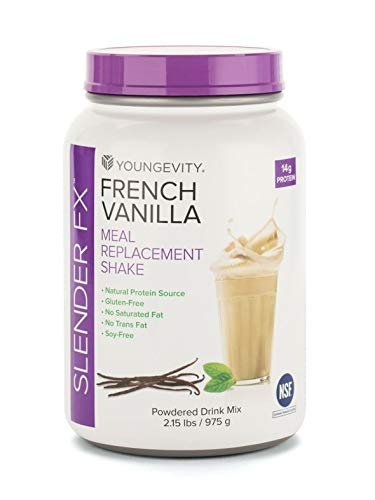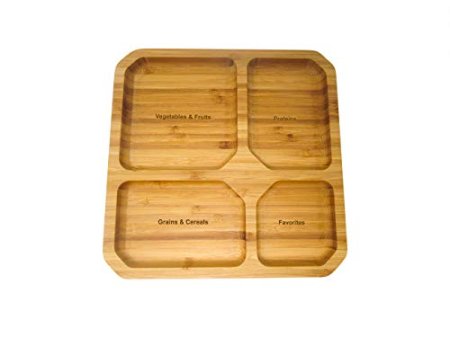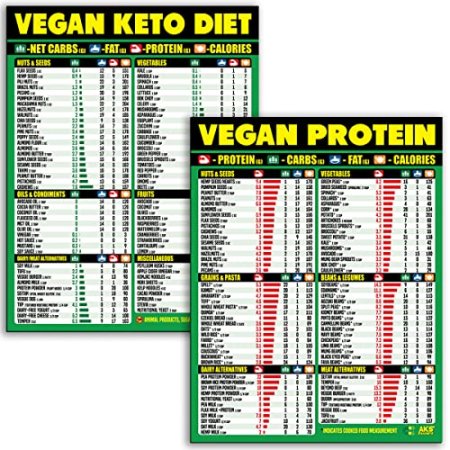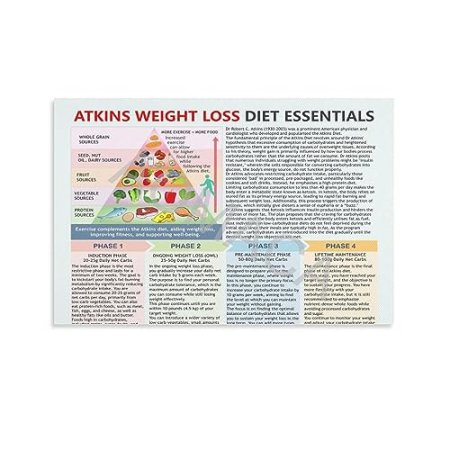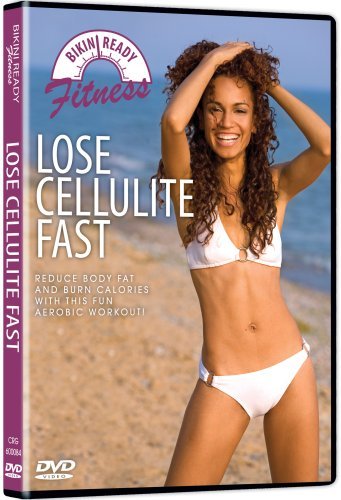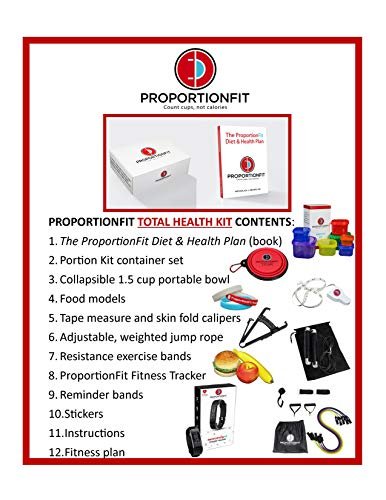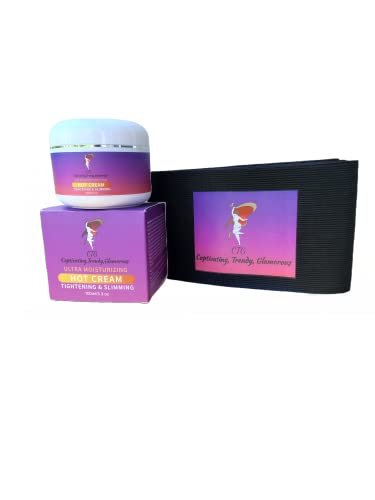Ultimate Guide to Diet Kits & Systems
What Are Diet Kits & Systems?
Definition and Overview
Diet kits and systems are structured programs designed to assist with weight management and promote healthy eating habits. These kits often include pre-measured meals, snacks, or meal replacement products that simplify the process of following a diet plan.
Key Components of Diet Kits
Typically, a diet kit includes various components such as meal replacements, snacks, and sometimes supplements. Each component is designed to provide specific nutrients while controlling calorie intake, making it easier for users to adhere to their weight loss goals.
Benefits of Using Diet Kits & Systems
Structured Meal Planning
One of the primary benefits of diet kits is the structured approach to meal planning they offer. With pre-planned meals and snacks, users don’t have to spend time calculating portion sizes or planning menus, which can be a significant advantage for those with busy lifestyles.
Portion Control and Nutritional Balance
Diet kits often include meals and snacks that are portioned to meet specific caloric and nutritional requirements. This helps ensure that users are getting the right balance of nutrients while controlling their calorie intake, which is crucial for effective weight loss.
Convenience and Time-Saving
For many, convenience is a major factor. Diet kits eliminate the need for grocery shopping and meal preparation, saving time and reducing the temptation to eat unhealthy foods. This convenience can be particularly beneficial for individuals with hectic schedules.
Types of Diet Kits & Systems
Meal Replacement Kits
Shake-Based Kits
Shake-based kits typically include meal replacement shakes that are designed to replace one or more meals a day. These shakes are often fortified with vitamins, minerals, and protein to help meet daily nutritional needs while controlling calorie intake.
Snack-Based Kits
Snack-based kits provide pre-portioned, healthy snacks that can replace high-calorie, unhealthy options. These snacks are designed to keep hunger at bay between meals and provide a balanced mix of nutrients.
Pre-Packaged Meal Systems
Frozen Meals
Frozen meal systems offer a variety of pre-cooked, frozen meals that can be quickly heated and served. These meals are usually balanced and portion-controlled, making them a convenient option for busy individuals.
Shelf-Stable Meals
Shelf-stable meals are designed to be stored at room temperature and typically have a longer shelf life. They offer convenience and flexibility, as they do not require refrigeration or freezing.
Subscription-Based Meal Plans
Weekly Delivery Services
Subscription-based meal plans involve regular deliveries of pre-prepared meals or ingredients. These services often provide a variety of meal options and can be customized based on dietary preferences and nutritional needs.
Customized Meal Plans
Customized meal plans are tailored to individual dietary needs and preferences. These plans may include a mix of meal replacements, snacks, and recipes that align with specific health goals or dietary restrictions.
How to Choose the Right Diet Kit or System
Assessing Your Dietary Needs
When selecting a diet kit, it’s important to consider your specific dietary needs. Assess factors such as your caloric requirements, nutrient needs, and any dietary restrictions or preferences you may have.
Considering Your Budget
Diet kits and systems can vary widely in cost. It’s essential to choose a plan that fits within your budget while still providing the quality and variety of foods you need to meet your health goals.
Evaluating Quality and Ingredients
Look for diet kits that use high-quality ingredients and have a balanced nutritional profile. Avoid kits with excessive amounts of added sugars, artificial ingredients, or low-quality protein sources.
How to Use Diet Kits & Systems Effectively
Following the Plan Consistently
To achieve the best results, it’s crucial to follow the diet kit or system as directed. Consistency is key to making progress and reaching your weight loss or health goals.
Incorporating Exercise and Lifestyle Changes
Diet kits are most effective when combined with regular exercise and healthy lifestyle changes. Incorporate physical activity and other healthy habits to support your overall well-being.
Monitoring Your Progress
Track your progress by keeping a record of your weight, measurements, and any changes in your health. Regular monitoring can help you stay motivated and make any necessary adjustments to your diet plan.
Potential Drawbacks and Challenges
Cost Considerations
Diet kits can be expensive, and the cost may add up over time. It’s important to evaluate whether the benefits of the kit justify the expense and if it fits within your long-term budget.
Adherence and Motivation Issues
Maintaining adherence to a diet kit can be challenging, especially if it lacks variety or if you encounter social or emotional eating triggers. Find strategies to stay motivated and adjust the plan as needed.
Nutritional Balance and Variety
Some diet kits may lack variety or fail to provide a balanced range of nutrients. Ensure that the kit you choose offers a comprehensive nutritional profile and consider supplementing with additional healthy foods if necessary.
Success Stories and Real-Life Experiences
Testimonials from Users
Many users have successfully used diet kits to achieve their weight loss and health goals. Reading testimonials can provide insight into the effectiveness of different kits and help you choose the right one for you.
Lessons Learned from Different Diet Kits
Learning from others’ experiences can offer valuable lessons about what works and what doesn’t. Take note of common successes and challenges to better navigate your own journey with diet kits.
Conclusion
Diet kits and systems offer a structured and convenient approach to managing weight and improving health. By understanding the different types available and selecting one that fits your needs, you can enhance your weight loss efforts and achieve your goals more effectively.
Frequently Asked Questions (FAQs)
What are the most popular types of diet kits and systems?
Popular types of diet kits include meal replacement shakes, pre-packaged frozen and shelf-stable meals, and subscription-based meal plans. Each type offers different benefits and conveniences.
How do diet kits compare to traditional weight loss methods?
Diet kits provide a structured approach to meal planning and portion control, which can simplify weight loss efforts compared to traditional methods that require more individual planning and preparation.
Are diet kits suitable for long-term use?
While diet kits can be effective for short-term weight loss, they may not always be suitable for long-term use. It’s important to consider incorporating a balanced, sustainable eating plan for long-term health.
What should I look for in a high-quality diet kit?
Look for diet kits with high-quality ingredients, balanced nutrition, and a variety of meal options. Avoid kits with excessive added sugars or artificial additives, and choose ones that align with your dietary preferences and needs.
Can diet kits help with specific health conditions?
Some diet kits are designed to address specific health conditions, such as diabetes or heart disease, by providing tailored meal options. Consult with a healthcare provider to find a diet kit that meets your specific health requirements.



